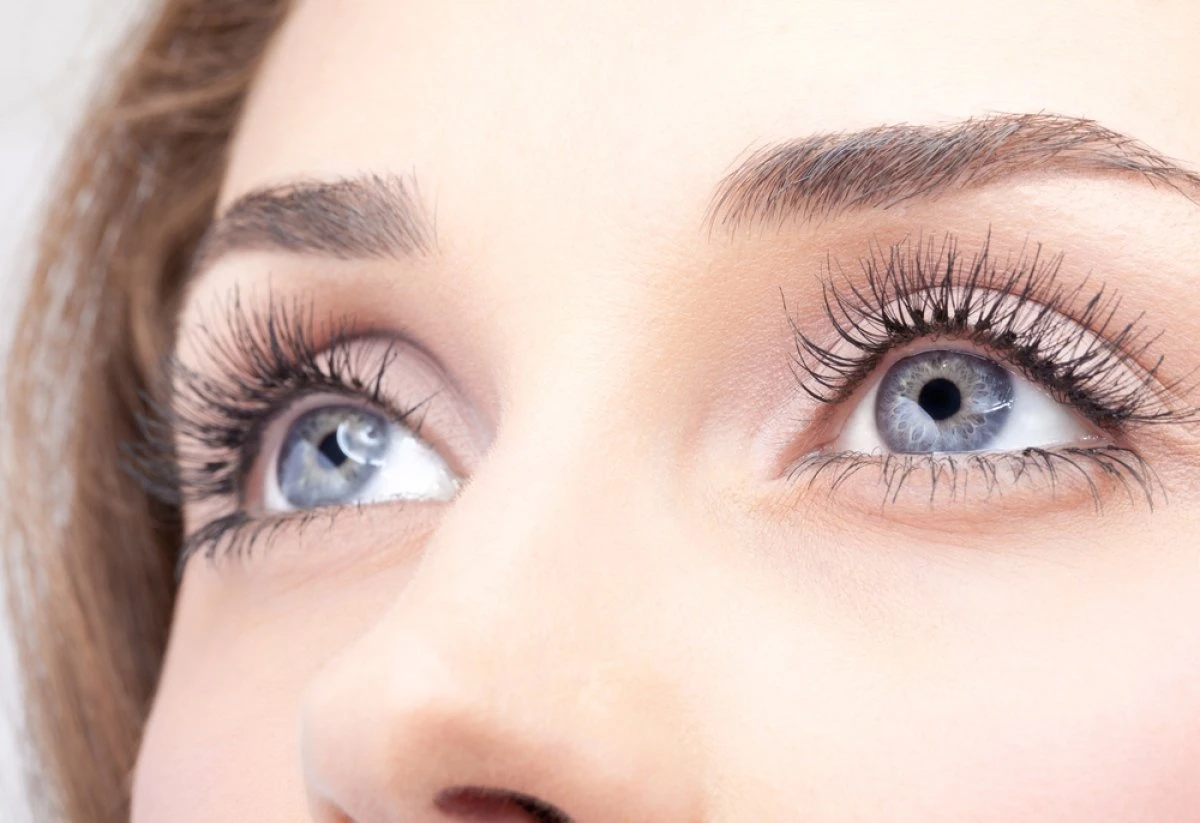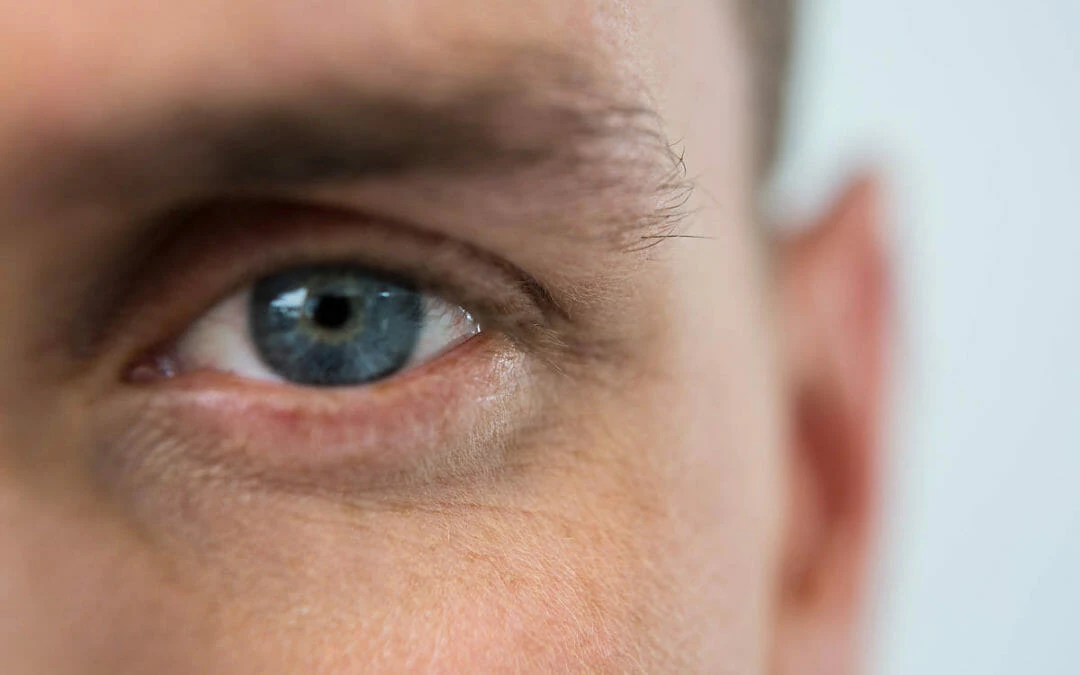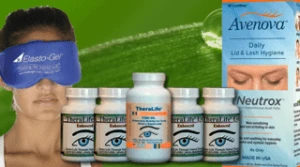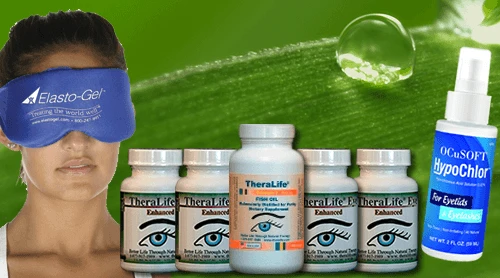What Can TheraLife Do For Your Itchy Eyes?
TheraLife Eye is an all natural oral therapy for your itchy and dry eyes.
Call and talk to a doctor toll free 1-877-917-1989
Send email to: [email protected]
What are Itchy Eyes
Keeping eyes hydrated and avoiding allergens to relieve itchy eyes. Symptoms are usually helpful. Drops or compresses can treat itchy eyes. People tend to sleep less and relax at night rather than at the end of the day. Extra calm could help people be more conscious of their bodies than during their daily activities. People with more sensitive eyes might notice itching when they open their eyes. There are also a variety of other factors that cause itchy eyes. See below.
Itchy eyes symptoms
Itching eyes can cause headaches. Itchy eyes have their first symptoms with their name: it’s achy eyes. Sometimes other signs can follow: your condition may worsen at bedtime during the night and improve at night as you sleep. You might not even notice the irritated skin on your face when you sleep. Identifying the cause of eye irritation is an effective method for improving your health.
What are the most common causes of itchy eyes?
These causes may vary in severity; most are otc remedies. The most common causes of itchy eye irritations are allergies, dry eyes, something in your eye; pink eye; contact lenses; digital eye strain; irritating products.
Food, animal, or environmental allergies can cause itchy eyes. Medical professionals encourage patients to be aware of any triggers that may cause the allergy. If you need more clarification, consult your doctor.
Each of the seven things above can cause your eyes to itch. You can be on the lookout for anything that may be itching or bothering your eyes somehow. If you have any questions about itchy eyes, contact us and schedule an appointment with one of our trusted eye doctors today.
Eye strain
Staring at a computer screen all day or reading in dim light can strain your eyes, causing them to feel itchy and tired. So can driving for extended periods, especially at night or on bright, sunny days. The solution is to rest your eyes periodically.
Allergies
Seasonal allergies
Eye allergies, whether seasonal or year-round, often cause itchy eyes.
Some people are sensitive to smoke, diesel exhaust, or even perfumes. The simplest solution is avoiding exposure to these irritants. Soothing eye drops or a cool, damp cloth over your closed eyes may help you feel better fast.
You may benefit from a prescription allergy medication if your symptoms are severe yearly. Because these medications can take some time to be effective, your doctor may recommend that you start taking them a few weeks before the onset of your allergy season.
Perennial allergies
Unlike seasonal allergies, perennial allergies can affect you year-round. Mold, dust, and pet dander are common perennial allergies. You also may be allergic to things like your contact lens solution or the soap or shampoo you use. An allergist can administer a skin test for specific allergens to determine whether you have an allergy by injecting tiny amounts of allergens, such as ragweed or pet dander, under the skin to see if the site reacts.
Pink eye
Viral, bacterial, and fungal infections can all make your eyes itch. One common eye infection is conjunctivitis, also known as pink eye, because the white part of the infected eye turns pink. It is very contagious and needs a doctor’sdoctor’s care.
If you suspect pink eye: Wash your hands often. Avoid touching the unaffected eye.
Conjunctivitis may arise from allergy, infection, or any inflammatory condition of the eye,” she explains. According to the CDC, that can lead to intense symptoms like eye swelling, watery eyes, redness, and itchiness.
What are the signs of an eye infection?
Symptoms of eye infection can include: Seek medical attention when you see a rash. Some people require prescription medications for treating infections.
Contact lenses
If the lenses need to be removed or replaced frequently, it may cause irritation and conjunctivitis. Usually referred to as contact lens papillary conjunctivitis, this condition causes dry skin, itchy eyes, and a rash. A few bumps are visible under a person’sperson’s eyelid. It is possible to improve this by using good contact lens care and a prescription antihistamine treatment. Please only wear glasses when your doctor prescribes them.
Contact Lens Hygiene If you wear contact lenses, changing them as often as prescribed is essential. Allergens, as well as bacterial products, can stick to soft contact lenses.
If you have a prescription, only wear contact lenses and get an evaluation to ensure your contacts fit properly and will not irritate your eyes.
Contact Lenses for Healthy Eyes: caring for your contact lenses also includes minding the case. Clean it with contact lens solution, then leave the empty case to air dry. Taking a break from your contacts when your eyes feel off—and making sure they’re-they’re well-cleaned before you use them again—should help. As a rule, replace it once every three months or immediately if it’sit’s cracked or damaged, per the AAO.
Dry eye disease
Your eyes become dry, resulting in itching, redness, or discomfort. Itchy eyes are strongly linked to dry eye disorder. Dry eyes can cause tears to not work for many reasons despite having moisture in their eyes.
Treating dry eyes may be as simple as using over-the-counter artificial tears, available as drops. Follow the instructions carefully. If you experience chronic dry eyes, see an eye doctor.
Meibomian gland dysfunction/blepharitis.
Education regarding proper eyelid hygiene is imperative. Warm compresses and twice-daily eyelid scrubs can help open inspissated meibomian glands. A clean washcloth dipped into baby shampoo diluted with water for eyelid massage and scrubbing. Ocular surface lubrication with artificial tears can provide additional relief. Short-term use of a topical antibiotic may be beneficial, while some patients require oral tetracyclines. Staphylococcal marginal keratitis will usually require topical corticosteroids to quell the inflammatory response.
What medical conditions cause itchy eyes?
Medications may cause eye irritants including:
Medical conditions like diabetes and rheumatoid arthritis can lead to fewer tears. And medications, including antidepressants, blood pressure, birth control pills, and decongestants, can also reduce tear production.
How long does it take for itchy eyes to heal?
Minor eye irritation disappears within days. In addition, severe infections may cause irritated eyes for up to 2 weeks. Get in touch with a physician if your eyes are getting worse over an hour or more.
What are the medical treatments for itchy eyes?
You may need a prescription allergy medication if your symptoms are unbearable.
Use artificial tears (available without a prescription) frequently for relief and dilute eye allergens. You can also try an over-the-counter product. Combination antihistamine/vasoconstrictor eye drops. They contain both an antihistamine and a vasoconstrictor, such as naphazoline/ pheniramine (Naphcon-A, Opcon).
Eye problems can sometimes be treated using surgery or medication. See the physician when you experience an eye problem. You may require additional treatment if the conditions are underlying. Your doctor may prescribe an individual therapy plan based on your symptoms.
When should a doctor or healthcare provider treat itchy eyes?
Contact an emergency physician for severe eye irritation. Immediately after a medical condition occurs, you can consult a physician if your eyes are damaged.
Your primary care doctor may refer you to optometry or ophthalmology for more specialized eye care. Visit a doctor right away if: There is thick green or yellow discharge coming from one or both of your eyes; One or both eyes swell shut; You experience sudden vision changes, like blurred vision; Your eyes become extremely sensitive to light; You develop severe eye pain Don’tDon’t settle for itchy eyes You did don’t have to accept “minor” eye problems as a part of life or aging, and you don’tdon’t have to live with itchy eyes.
Discontinue contact lens use.
It is possible wearing contact lenses will make the eyes itch even at night. Some people wear their lenses overnight, which can increase the pain. Users with itchy eyelids can take out their contact lenses to relax until their itch has stopped. Changing contact lenses may be helpful. The use of disposable contacts can be effective in avoiding eye infections that can cause itchy eyes during the night time.
Warm and cool compresses
People may want to apply compresses to soothe itchy eyes. When eyes feel cold, they can use a cold compress to ease itching. A warm compress on the watch relieves itching if allergic reactions occur.
Treating allergic conjunctivitis
Avoidance is your first line of defense. If you are allergic to cats, stay away from them, or at least don’tdon’t touch your eyes when you’re near one, and wash your hands immediately after touching one. If pollen is your allergy culprit, keep your windows closed and an air purifier or air conditioner.
Take allergy medication as directed, or try alternative treatments.
Antihistamines can prevent blemishes and irritations in your eyes. It is unique to everybody. Talk to the doctor about alternative antiseptic treatments or alternative treatments for itchy eye conditions. Contact your allergist.
Home remedies for itchy eyes
Is there an irritation in your eyes? It’s fortunately easy to relieve your itch. Many work immediately, while some may take several days for full effects. Please wait until the pain subsides.
Stay indoors when pollen counts are high. Keep home and car windows closed during the pollen season. Take showers and wash clothes more frequently to help keep pollen away from your airways. Wear a mask when you go outside. Over-the-counter antihistamines can help to control symptoms.
Don’t rub your eyes.
It’s very tempting, but you need not touch the eye. Even though this may seem like the most straightforward remedy for an eye condition rubbing the eyes can worsen the situation – especially when something foreign causes an itch. You could get scratched by the eyes, which can cause other serious infections.
Use over-the-counter or prescription eye drops.
Often a doctor recommends eye drops to relieve itchy eyes. Avoid over-the-counter drops explicitly designed to treat eye sensitivity. Lubricating eye drops or allergic eye drops may help with dry eye.
Frequently Asked Questions
How do you get rid of itchy eyes?
Itchy eyes have many causes. It is essential to identify the cause. Causes include dry eyes, allergies, contact lenses, pink eye, and eye strain due to electronic devices.
Medical treatments for itchy eyes include over-the-counter eye drops, oral therapy for dry eyes, allergy medications, and discontinued contact lens use.
What is the leading cause of itchy eyes?
The leading cause of itchy eyes is food, animal, or environmental allergies. In this case, trying to avoid these allergic triggers can relieve itchy eyes. The other leading cause of itchy eyes is dry eye syndrome.
What is a natural remedy for itchy eyes?
The natural remedy for itchy eyes is to stay indoors, close windows and doors, and avoid going out when the pollen levels are high.
Natural remedy to treat dry eyes, TheraLife has an all-natural oral formula to treat dry eyes from the inside out. Oral treatments are more sustainable, long-lasting, and work to relieve chronic dry eyes well.
How do I stop my eyes from itching from rubbing?
The first thing you do is not to rub your eyes when itching, especially when a foreign object is causing the itching, which can scratch your cornea and make matters worse.
What virus causes itchy eyes?
Coronavirus can cause itchy eyes. Therefore it is essential to identify the cause of your itchy eyes.
Conclusion
Itchy eyes can be one of the most frustrating feelings to deal with. And considering the reasons it might be happening, it can sometimes feel like there’s no relief in sight.
Some of the most common causes of itchy eyes include allergies, dry eyes, contact lenses, foreign objects in the eye, eye strain, or conjunctivitis. Less common reasons include blepharitis, meibomian gland syndrome, or uveitis.
You can typically find relief from itchy eyes by using a warm or cold compress, taking antihistamine medications, or using over-the-counter eye drops. With that said, you should not rub your eye, as this can damage the cornea.
References
1. Craig JP, Nichols KK, Akpek EK, Caffery B, Dua HS, Joo CK, Liu Z, Nelson JD, Nichols JJ, Tsubota K, Stapleton F. TFOS DEWS II Definition and Classification Report. Ocul Surf. 2017 Jul;15(3):276-283. [PubMed]
2. King-Smith PE, Fink BA, Hill RM, Koelling KW, Tiffany JM. The thickness of the tear film. Curr Eye Res. 2004 Oct-Nov;29(4-5):357-68. [PubMed]
3. King-Smith PE, Fink BA, Fogt N, Nichols KK, Hill RM, Wilson GS. The thickness of the human precorneal tear film: evidence from reflection spectra. Invest Ophthalmol Vis Sci. 2000 Oct;41(11):3348-59. [PubMed]
4. Chen Q, Wang J, Tao A, Shen M, Jiao S, Lu F. Ultrahigh-resolution measurement by optical coherence tomography of dynamic tear film changes on contact lenses. Invest Ophthalmol Vis Sci. 2010 Apr;51(4):1988-93. [PMC free article] [PubMed]
5. Willcox MDP, Argüeso P, Georgiev GA, Holopainen JM, Laurie GW, Millar TJ, Papas EB, Rolland JP, Schmidt TA, Stahl U, Suarez T, Subbaraman LN, Uçakhan OÖ, Jones L. TFOS DEWS II Tear Film Report. Ocul Surf. 2017 Jul;15(3):366-403. [PMC free article] [PubMed]
6. O’Neil EC, Henderson M, Massaro-Giordano M, Bunya VY. Advances in dry eye disease treatment. Curr Opin Ophthalmol. 2019 May;30(3):166-178. [PMC free article] [PubMed]
7. Qian L, Wei W. Identified risk factors for dry eye syndrome: A systematic review and meta-analysis. PLoS One. 2022;17(8):e0271267. [PMC free article] [PubMed]
8. I Y Hasan ZA. Dry eye syndrome risk factors: A systemic review. Saudi J Ophthalmol. 2021 Apr-Jun;35(2):131-139. [PMC free article] [PubMed]
9. Paulsen AJ, Cruickshanks KJ, Fischer ME, Huang GH, Klein BE, Klein R, Dalton DS. Dry eye in the beaver dam offspring study: prevalence, risk factors, and health-related quality of life. Am J Ophthalmol. 2014 Apr;157(4):799-806. [PMC free article] [PubMed]
10. Chang CJ, Somohano K, Zemsky C, Uhlemann AC, Liebmann J, Cioffi GA, Al-Aswad LA, Lynch SV, Winn BJ. Topical Glaucoma Therapy Is Associated With Alterations of the Ocular Surface Microbiome. Invest Ophthalmol Vis Sci. 2022 Aug 02;63(9):32. [PMC free article] [PubMed]
11. Andole S, Senthil S. Ocular Surface Disease and Anti-Glaucoma Medications: Various features, Diagnosis, and Management Guidelines. Semin Ophthalmol. 2023 Feb;38(2):158-166. [PubMed]
12. Sobolewska B, Schaller M, Zierhut M. Rosacea and Dry Eye Disease. Ocul Immunol Inflamm. 2022 Apr 03;30(3):570-579. [PubMed]
13. Bilgic AA, Kocabeyoglu S, Dikmetas O, Tan C, Karakaya J, Irkec M. Influence of video display terminal use and meibomian gland dysfunction on the ocular surface and tear neuromediators. Int Ophthalmol. 2023 May;43(5):1537-1544. [PubMed]
14. Al Sabti K, Zechevikj S, Raizada S. Evaluation of lipid layer tear film changes after femtosecond small incision lenticule extraction. Ther Adv Ophthalmol. 2022 Jan-Dec;14:25158414221129534. [PMC free article] [PubMed]
15. Napoli PE, Nioi M, Iovino C, Sanna R, d’Aloja E, Fossarello M. Ocular surface and respiratory tract damages from occupational, sub-chronic exposure to fluorspar: case report and other considerations. Int Ophthalmol. 2019 May;39(5):1175-1178. [PubMed]





